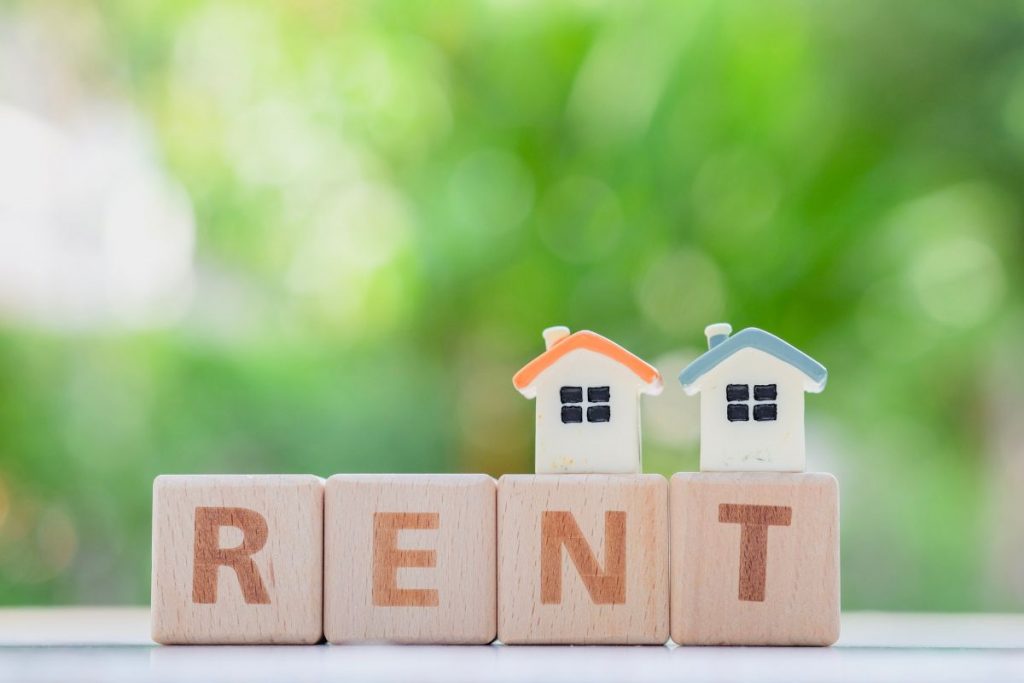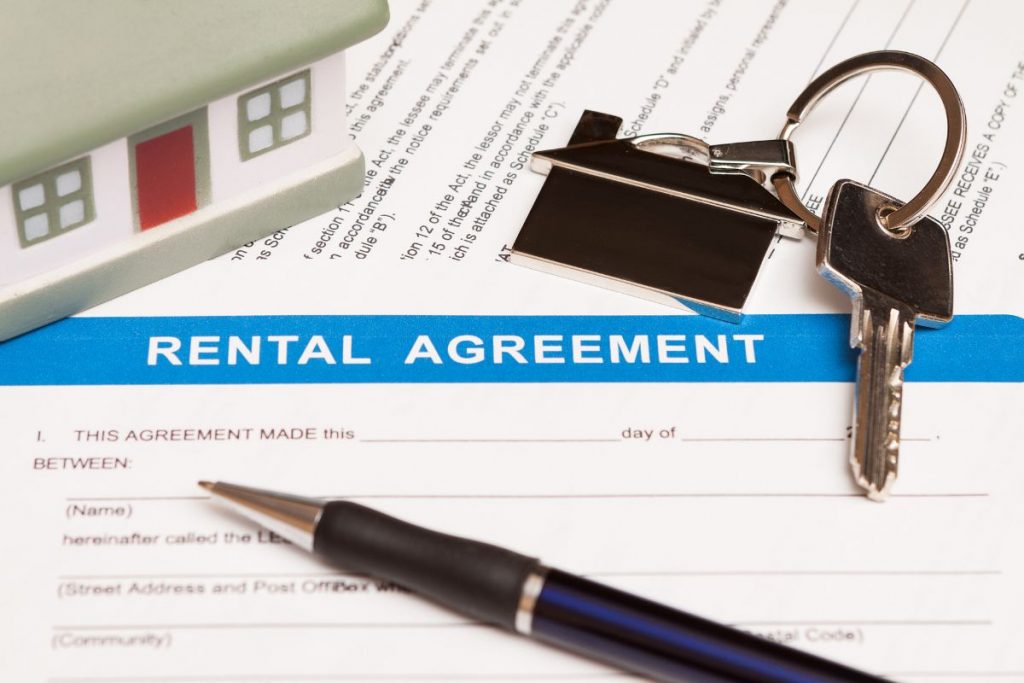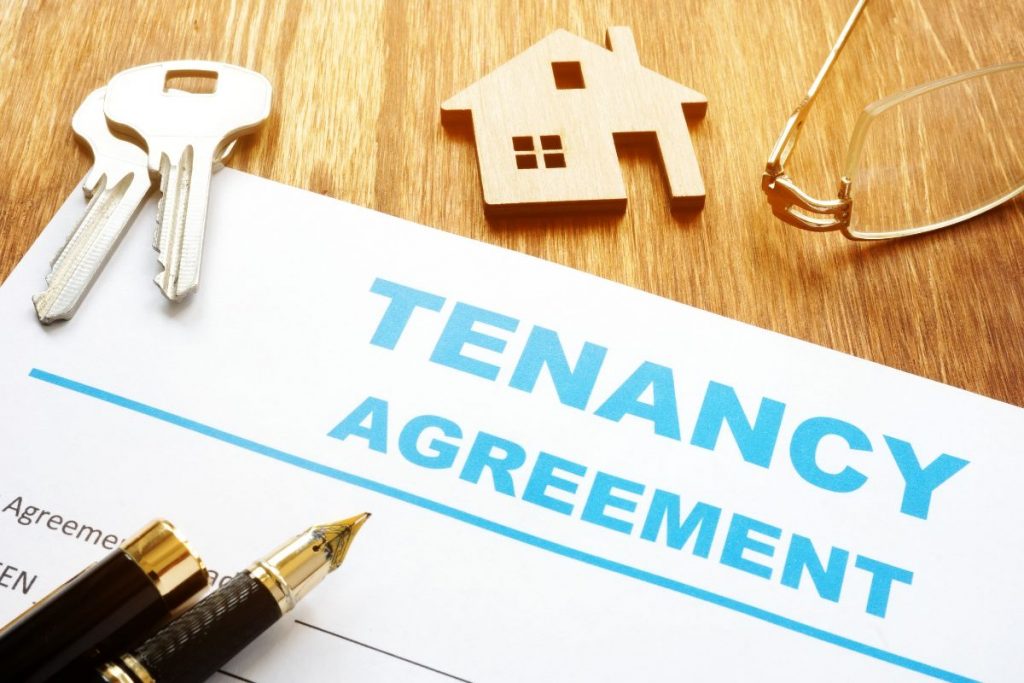Dubai is a popular destination for renting various types of accommodations. However, both landlords and tenants have specific rights and obligations that must be met. We have outlined the landlord rights in Dubai to assist you understand the basic concepts.
These rights have been granted by RERA Dubai, which is in charge of regulating real estate transactions in the Emirate. Let us look through these rights and see why they are important.
LANDLORD’S RIGHTS IN DUBAI
When thinking about renting in Dubai, one must consider their duties to the landlord. To safeguard their rights and avoid mistakes, both the landlord and the tenant must register the contract with Ejari.
That being stated, below are the legal rights of a landlord in Dubai that every tenant must understand before moving into a rented home. These landlord rights are governed by Dubai tenancy laws.
INCOME FROM RENTAL RIGHTS

Landlords have the right to obtain rent payments from tenants in accordance with the lease agreement’s agreed-upon terms and conditions. In addition, tenants must pay utilities such as electricity, water, and gas on time. Tenants are also not permitted to make any improvements to the property unless allowed by the landlord.
According to RERA rules, if the existing rent is 11 to 20% less than the Emirate’s average rent, the landlord can raise the rent by 5%. However, rent increases for various properties will be determined in line with the RERA Rent calculator. The landlord may also raise the rent when the lease is renewed if the tenants are notified in writing 90 days in advance.
EVICTION RIGHT
A landlord has the authority to remove tenants who violate the terms of their lease. According to Articles 25 and 26, if the tenants do not pay the rent within thirty days after receiving notice, the landlord may issue a tenancy eviction notice.
Other factors that may result in an eviction notice include:
- Tenant damage or unapproved alterations to the rental property
- Subleasing the property without consent from the landlord
- Property misappropriation
- In the event that the property might collapse
- If the property is being utilized for illegal or unethical purposes
- If the property is used for something other than its original purpose
A landlord may also issue an eviction notice if the property is to be demolished or renovated for civic development. If maintenance or improvements to the property cannot be completed while the tenants are still residing there, they will be served with an eviction notice.
The landlord, on the other hand, cannot send an eviction notice after the lease agreement expires. This is only possible if the property will be renovated/demolished or utilized by the landlord or their first-degree relatives.
THE RIGHT TO REFUSE A SECURITY DEPOSIT

When renting a property in Dubai, a security deposit is required. In Dubai, landlords have the authority to keep the security deposit if the tenant violates the leasing agreement. This involves property damage and nonpayment of rent.
If the tenants’ requested repairs are not done on time, the landlord may deduct the deposit.
As a result, in order to secure a security deposit a refund from the landlord, tenants must take the following steps:
- Understand and follow the tenancy agreement.
- Pay close attention to inspection procedures.
- Pay your bills.
- Pay attention to tiny things like shifting furniture or painting walls.
INSPECTION RIGHT
In Dubai, one of the most essential and legal rights of a landlord is the ability to examine the property. Before performing an inspection, the landlord must provide the tenant with 24 hours’ notice in writing. Property inspection in Dubai and other locations are performed to keep property maintenance in check and to verify tenancy agreement adherence.
RIGHT TO CANCEL TENANCY AGREEMENT

A landlord may also terminate the tenancy contract before it is completed. However, it may only be terminated under particular conditions, such as tenant damage to the property.
In addition, if the landlord wishes to terminate the leasing arrangement early, he must provide a 12-month written notice.
RERA has established the following regulations for terminating a tenancy contract in Dubai:
The contract termination must be agreed upon by both the landlord and the tenant.
If either partner dies, the agreement is transmitted to the replacement of the deceased person. It may only be canceled with the heir’s permission.
A healthy tenant-landlord relationship requires the fulfillment of a landlord’s rights. These approaches aid in the resolution of the issue between the two parties.
A LANDLORD’S RESPONSIBILITIES IN DUBAI
Aside from the rights outlined above, landlords must also be responsible at their end. Among these responsibilities are:
- Before tenants move in, the property must be maintained.
- Ensuring the property’s wear and tear maintenance while the tenants are living there.
- The return of the security deposit at the end of the lease if the tenants have left the property in good shape.
- Providing tenants with check-in and check-out reports.
- Providing a safe environment for the renters’ safety.
This is all about landlord rights in Dubai and why tenants have to agree with them. As a result, while renting an apartment or a property in Dubai, keep these rights in mind.




